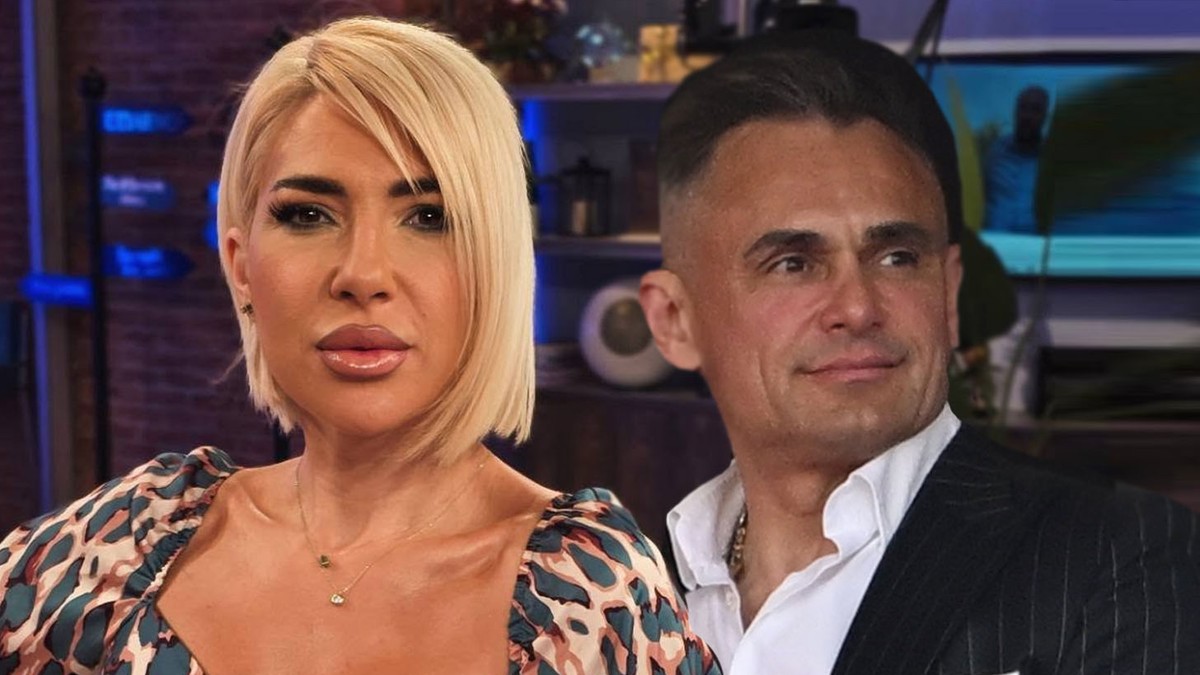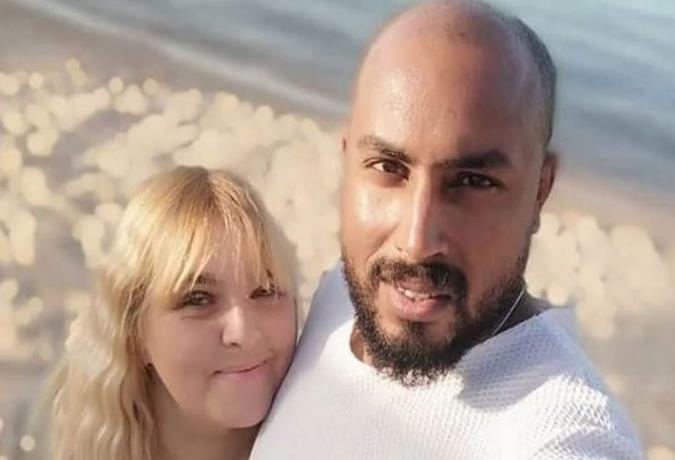How Michael Jackson Died: The Truth About the King of Pop’s Final Hours
Michael Jackson, the King of Pop, was just weeks away from a spectacular comeback with a series of concerts at London’s O2 Arena. Just weeks before the “This Is It” tour, scheduled for 50 nights, the world was shocked – on June 25, 2009, Michael died at the age of 50.
Final Days and the Pressure of Fame
Instead of living on his legendary Neverland estate, Michael was staying in a rented villa in the elite Holmby Hills neighborhood of Los Angeles, near the Staples Center, where intense rehearsals were held. His longtime vocal director Dorian Holley said Michael looked happy and fulfilled, as if he had finally found his element. Yet the pressure was enormous – surrounded by young dancers in their 20s, Michael still dominated the stage but had started complaining about body pains.
Last Meal and Rehearsals
The morning of June 25 was quiet. Michael slept longer than usual due to late rehearsals the night before. His cook, Kai Chase, prepared a light meal – baked tuna steak, organic salad, and carrot-orange juice. He was full of energy and smiling.
He arrived at rehearsals in a dark blue limousine, accompanied by his bodyguard and assistant. The rehearsal went great – he performed hits like “Billie Jean,” “Smooth Criminal,” and “She’s Out of My Life” with full choreography. Producer Ken Ehrlich was impressed by his energy and enthusiasm.
Tragic End: Drugs and Propofol
On returning home, Michael greeted fans and signed autographs. His personal doctor, Dr. Conrad Murray, was already at the house. Murray was trying to help him sleep as Michael suffered from insomnia. He gave various sedatives, but nothing worked. Finally, he administered diluted propofol, a powerful anesthetic used only in hospitals, known as “milk” because of its white color.
Michael finally fell asleep, but when Murray returned from the bathroom, he found Michael not breathing. He began resuscitation while Michael’s children, Paris and Prince, tearfully entered the room. Emergency services arrived, but Michael had no pulse. He was transported to Ronald Reagan UCLA Medical Center, where he was pronounced dead.
Consequences and Justice
Dr. Conrad Murray was convicted of involuntary manslaughter and sentenced to four years in prison but was released after less than two years. Had he lived, Michael would have turned 66 this year.
Conclusion
Michael Jackson left us too soon, but his music and legend live on. His last day was full of energy but also tragic consequences of drug misuse. The pressure of fame and the burden of a comeback left their mark.
If you’ve read this far, maybe you have your own thoughts on what really happened. Was Michael a victim of the system or his own demons? Share your thoughts, or just drop a funny meme about the King of Pop – because hey, a little humor never hurts!
This article is based solely on facts from available sources and contains no fabrication.





















